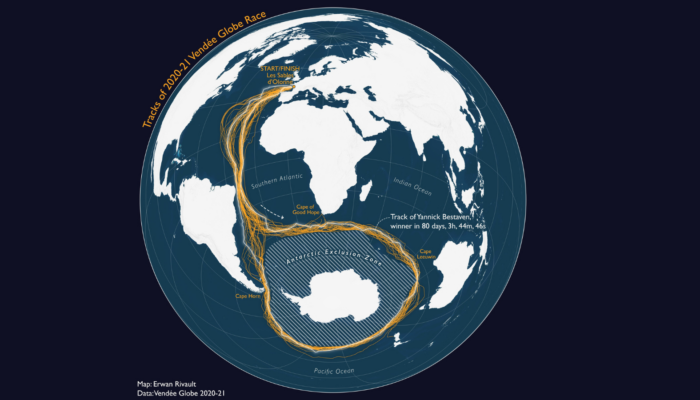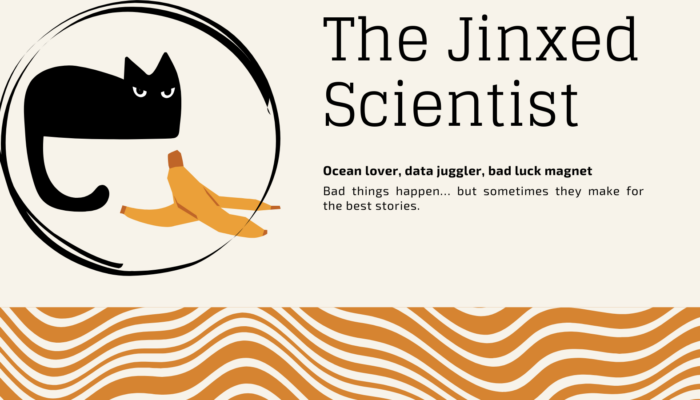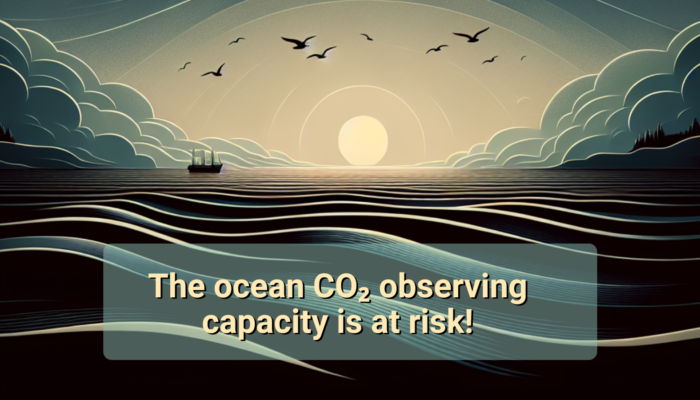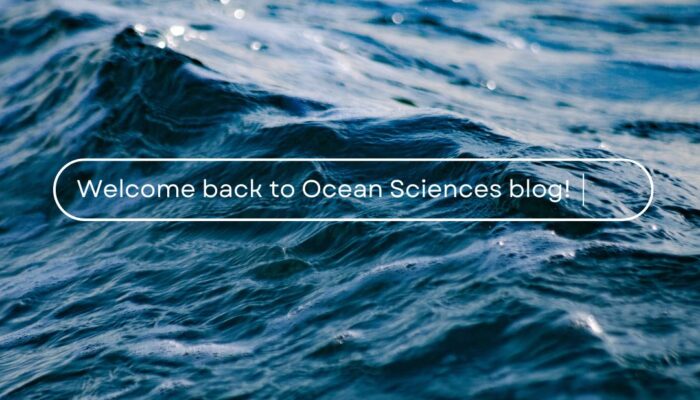Bad things happen… but they make for the best stories. This blog is for all the jinxed souls out there who seem to attract bad luck in academia. As conferences are the perfect stage, almost predestined to showcase our most embarrassing moments, we will start right there. This blog post is for everyone who shivers at the thought of presenting on the conference stage. All the PhDs who just started a ...[Read More]
Sailing for Science: How Data from Sailing Races Advances Ocean Research

The Vendée Globe began on November 10th, with 44 participants embarking on the world’s toughest sailing race. This non-stop, single-handed round-the-world yacht race challenges skippers to circumnavigate the Southern Ocean. The race starts in France, traverses the North Atlantic, and heads directly into the Southern Ocean. Despite taking place during the austral summer, the conditions remain ...[Read More]
The Alarming Decline in Ocean CO2 Observations
„observations not taken today are lost forever.“ (Wunsch et al., 2013) The Critical Need for CO2 Measurements Imagine the ocean as a giant lung, breathing in carbon dioxide (CO2) and helping to keep our planet cool. It absorbs about 25% of the CO2 emissions from human activities, playing a crucial role in mitigating the pace of climate change. But what happens when we lose sight of this process? B ...[Read More]
Welcome back to Ocean Sciences blog!
Welcome back, Ocean Sciences community! We have been quiet for a while, but we are happy to say we’re back! We have missed sharing the latest research, insights, stories, ideas and we are eager to present fresh content and exciting initiatives starting in September. In the following months, we have a range of exciting content lined up for the blog. We will be sharing interesting new research in oc ...[Read More]



